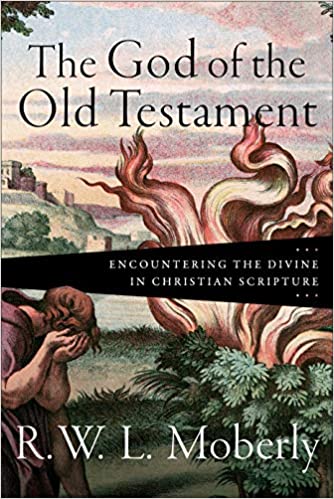Q. Let’s talk about divine accommodation. This is such an important topic and involves not just the limitations of the language by which God is revealed but in fact much more. For example, Jesus tells us that the OT rules about marriage and divorce were given ‘due to the hardness of human hearts’. And Jesus then offers dictums which are more strict about such matters. Jesus’ words suggest that a good deal of the material in OT law was pro-tempore and now that the Kingdom is coming, they no longer apply for his disciples. Paul suggests something similar in Galatians and elsewhere. For example, seen in the light of the call to non-violence in the Sermon on the Mount, ‘an eye for an eye…’ etc. could be seen as an attempt to limit revenge taking, not to license it, and indeed ‘thou shalt not kill’ could be taken in its most literal form even if it means ‘thou shalt not murder’. I bring all this up because it means that we have to have some sort of concept of progressive revelation in the canon, with the fullest and clearest revelation of the character and the will of God coming mostly in the NT. How would you respond to these conundrums?
A. The short answer to this huge issue is that for Christians Jesus is the definitive self-revelation of God. He goes beyond what we find in the OT, however much the OT prepares the way and helps enable Jesus to be who he is and do what he does in the NT. I try to use Jesus as my lens for understanding the OT, on the grounds that he is its deepest interpretation. What this means in practice I try to work out on a case by case basis.













